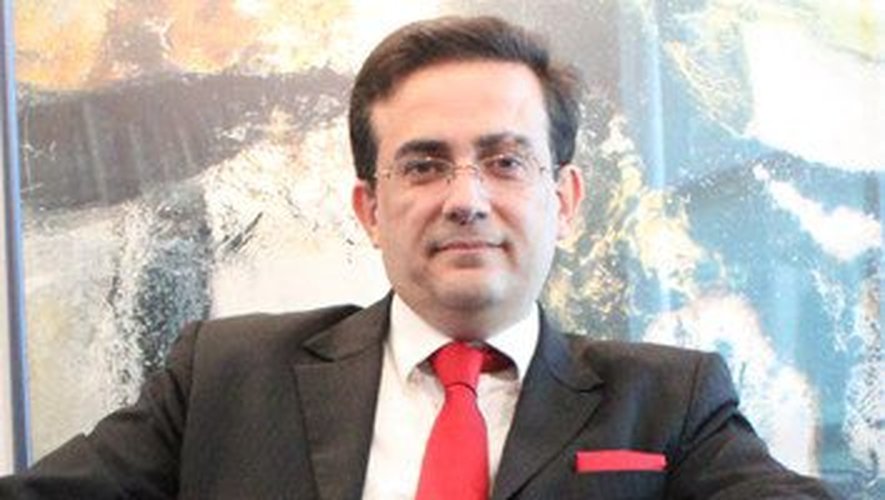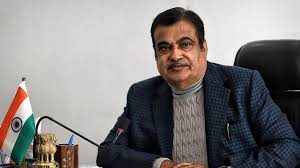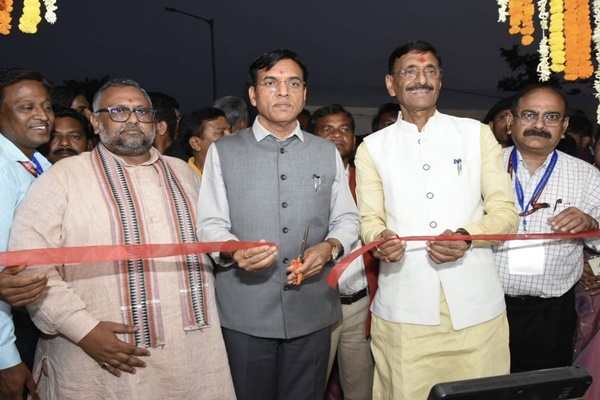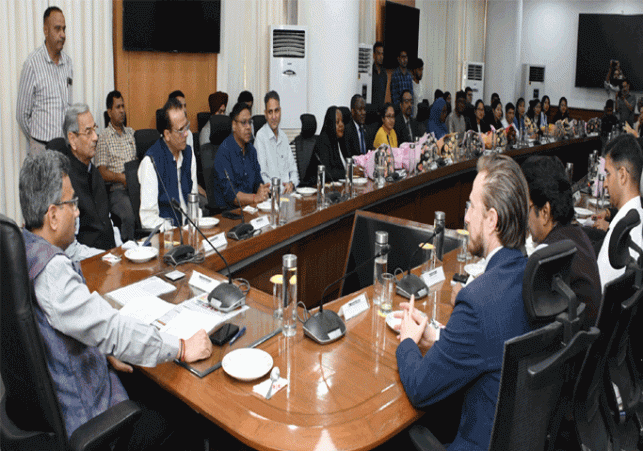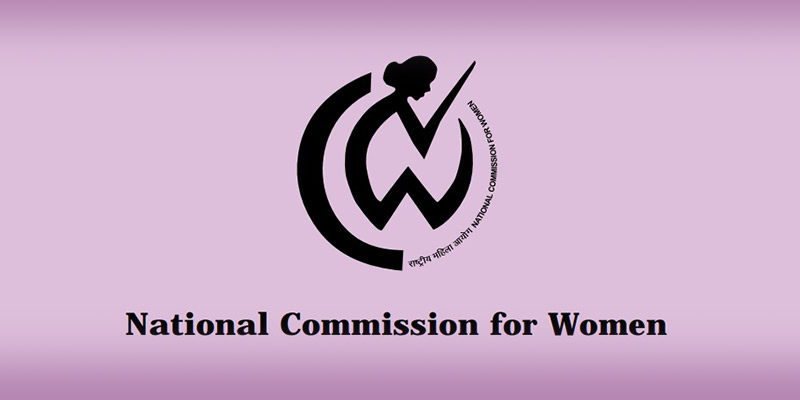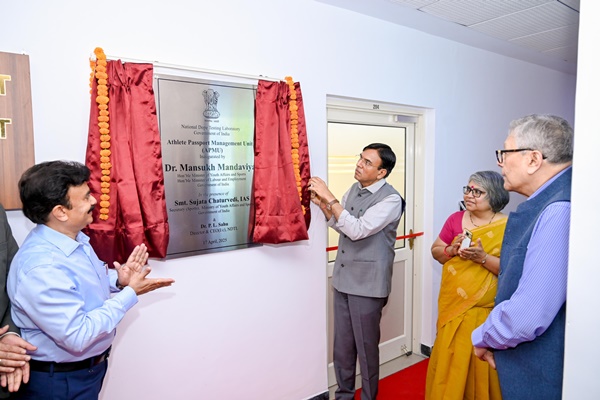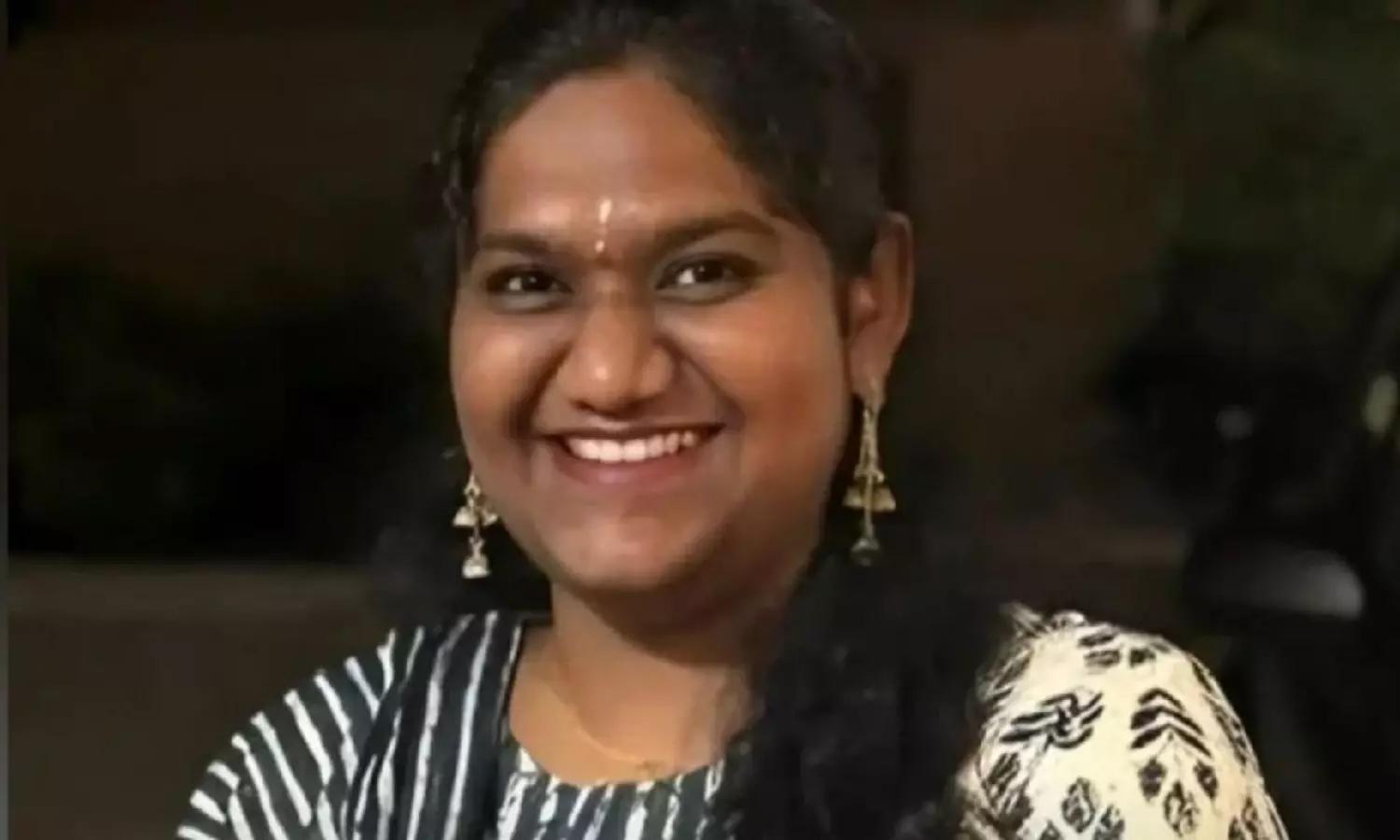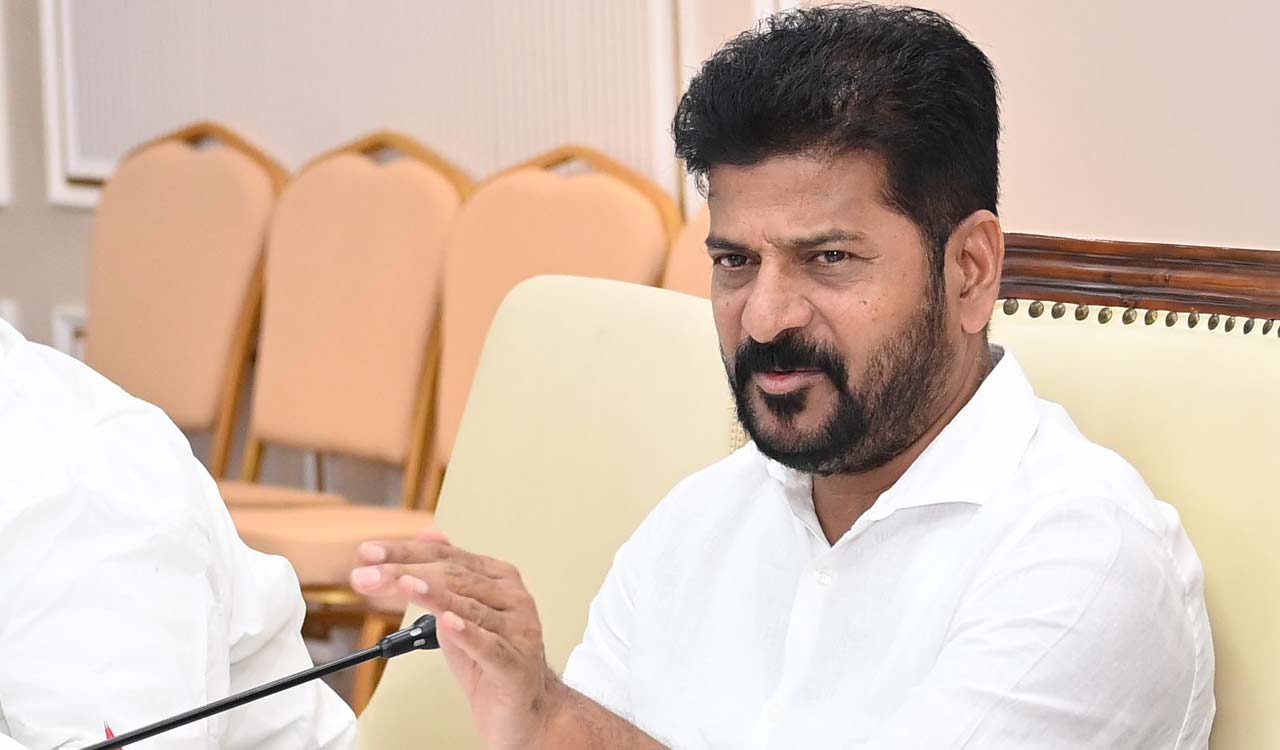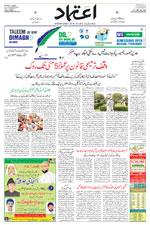Green Cards, not sponsorship, key to Saudi economic growth
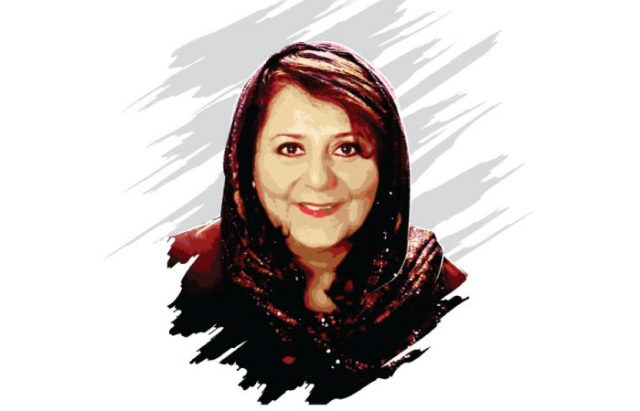
For more than three decades, the expatriate community has contributed to the progress and development of Saudi Arabia. For many, Saudi Arabia has been their second home; their children were born here, their childhood memories were here and they became more accustomed to their life in the Kingdom than in their original hometown.
An American friend who has lived here for the past 35 years once told me that she feels like a stranger when she goes back home simply because she has been away from her country for too long. And that is only natural, home is where you live, where you raise your family, make friends, have neighbors and colleagues at work
The sponsorship system is wrong and unfair. It is about time we change it and grant the expatriates who have chosen Saudi Arabia as a second home and have contributed to its progress and development permanent residency and the right to invest. They should be appreciated and treated with respect.
Every expat I have spoken to has expressed great joy and relief over the Green Card news. The fact that they may finally have the opportunity to invest here and live comfortably without living in fear of being deported or terminated by a kafeel (sponsor) has made them sigh with relief.
Muslim and Arab expatriates feel that a big burden has been lifted and that they can now live in peace. Many of them have chosen to stay here not only for the money they earn, but because they want to serve in the land of the two holy cities of Islam, Makkah and Madinah.
I remember a Pakistani schoolteacher whom I met on the plane telling me how she felt very sad to leave the Kingdom after having lived here for 20 years. Her husband who is an IT specialist was forced to leave after his sponsor terminated his stay. She and her husband are now working in the US with their two sons who also have American Green Cards. She said America is a great country and she felt privileged to live there, but her heart is here in Makkah and Madinah where she wanted to spend the rest of her life. Unfortunately, she and her family were rejected here, but were very much welcomed in the US.
The US has opened its doors to the cream of the crop of scientific and technical talent from all over the world. Professionals and skilled labor are given citizenship and Green Cards. They are accepted with full rights and in return they work hard to earn a living and to contribute to the American economy. Economists assert that skilled immigration has positively impacted the US economy and that
educated and skilled Green Card holders are of significant fiscal benefit.
Just as expatriates have contributed to the progress and development of Saudi Arabia in the past, they can also contribute in the process of transforming the Kingdom into a knowledge-based economy.
According to economic experts, “the Green Card system in the Kingdom will generate around $10 billion annually through reduced remittances and other sources, besides bringing in billions of dollars in foreign investment.”
For years expatriates living in Saudi Arabia have had very few investment opportunities and have been forced to remit their income overseas. They have been deprived and our country has been deprived of many prosperous opportunities. The government has announced that the plan allowing Green Card holders to own property and an opportunity to invest in the Kingdom will be implemented over the next five years. Hopefully there will be no delay in the implementation of the plan.
Saudi Vision 2030 also includes initiatives to enhance government efficiency and end bureaucracy and red tape. Officials in charge of implementation should not fail the nation and should strive to make the vision a reality.
To succeed, they need to follow the guidelines stated by Deputy Crown Prince Muhammad Bin Salman, second deputy premier and minister of defense, who said:
“We will expand the variety of digital services to reduce delays and cut tedious bureaucracy. We will immediately adopt wide-ranging transparency and accountability reforms and, through the body set up to measure the performance of government agencies, hold them accountable for any shortcomings. We will be transparent and open about our failures as well as our successes and will welcome ideas on how to improve.”
Today, officials are urged by the state to show respect and consideration when they deal with the public. Our country needs the support of everyone. We cannot force people to be loyal and productive, we need to first earn their trust and respect. Therefore, both citizens and expatriates need to be co-opted to support the plan. Ignoring their rights will make them reluctant to contribute and less keen to support government plans to ensure the success of Saudi Vision 2030.
AIMIM News
Latest Urdu News
Most Viewed
Do you think Canada-India relations will improve under New PM Mark Carney?

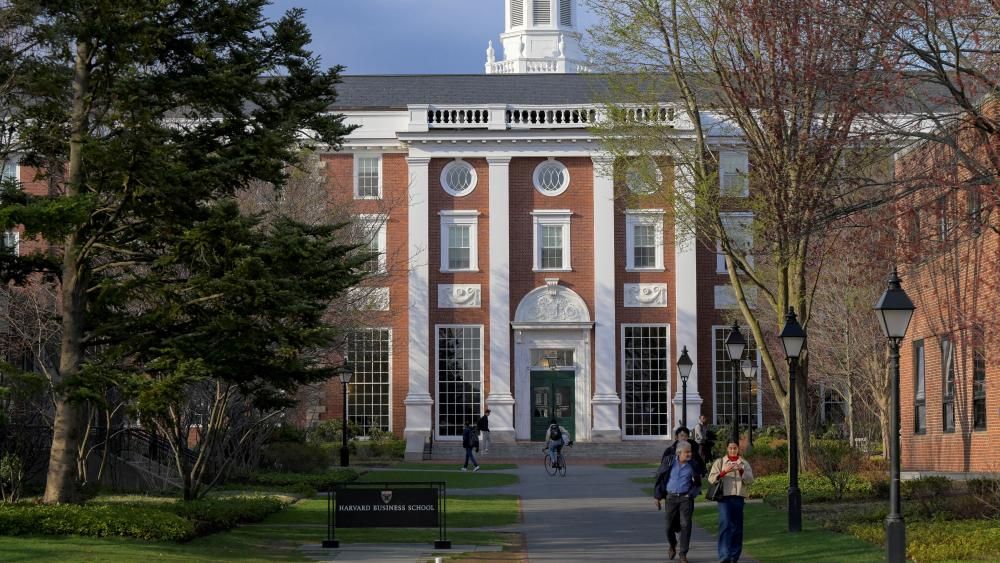
.jpg)
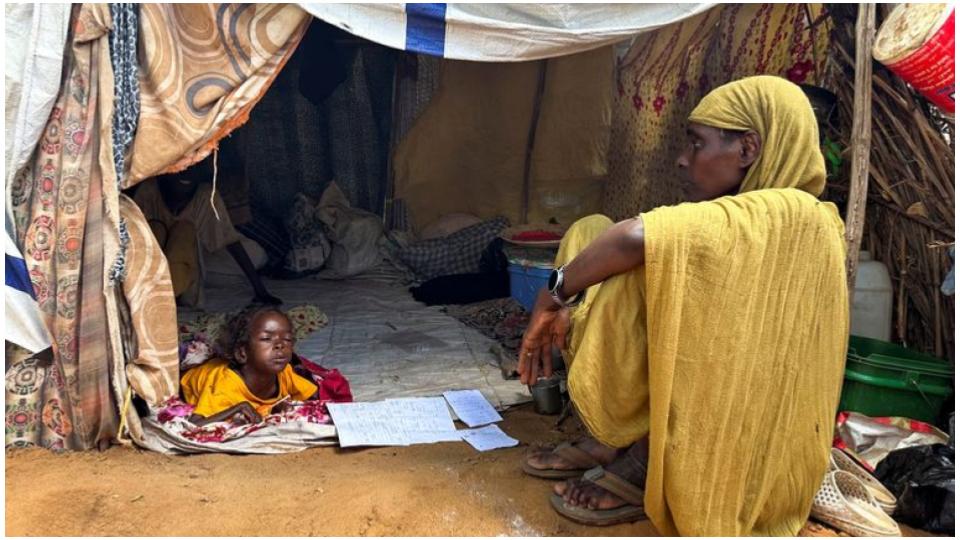

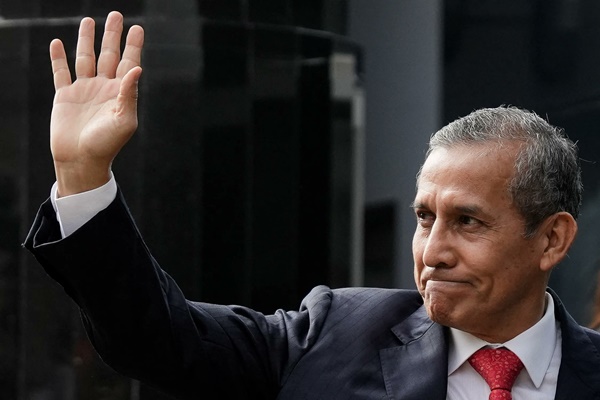

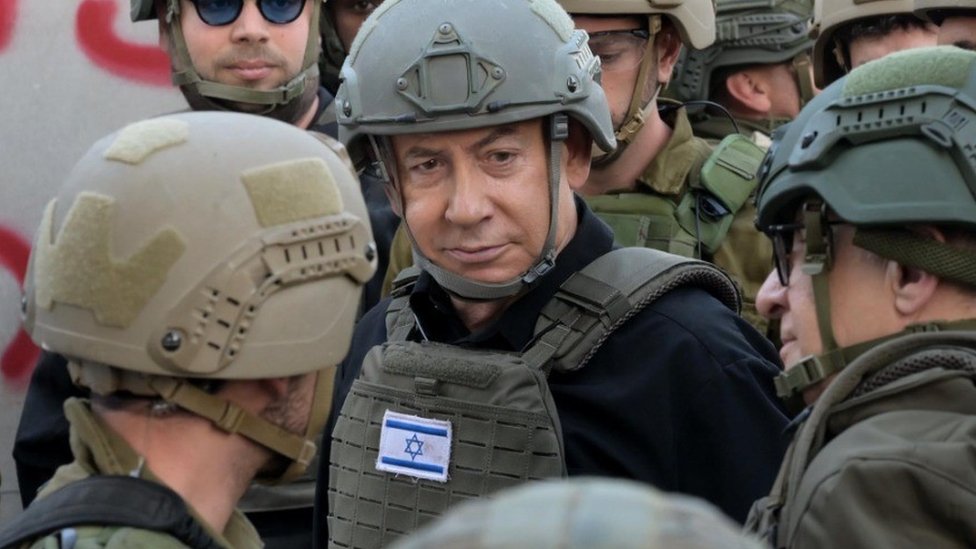

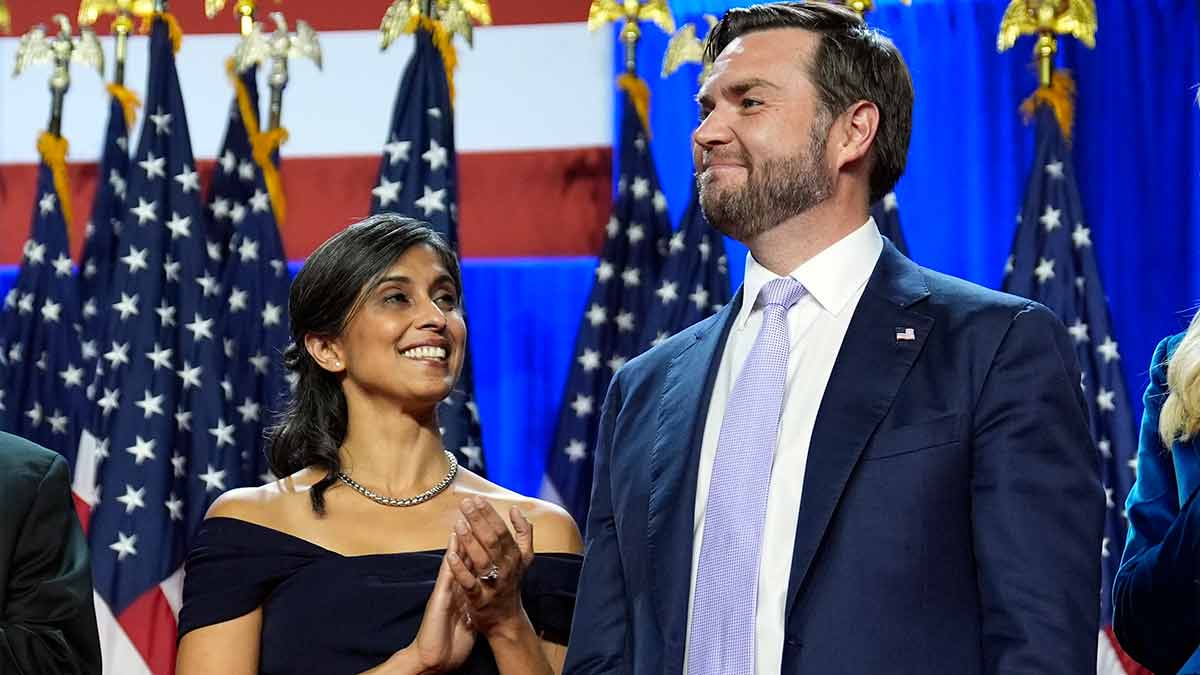
.jpg)
.jpg)
.jpg)

